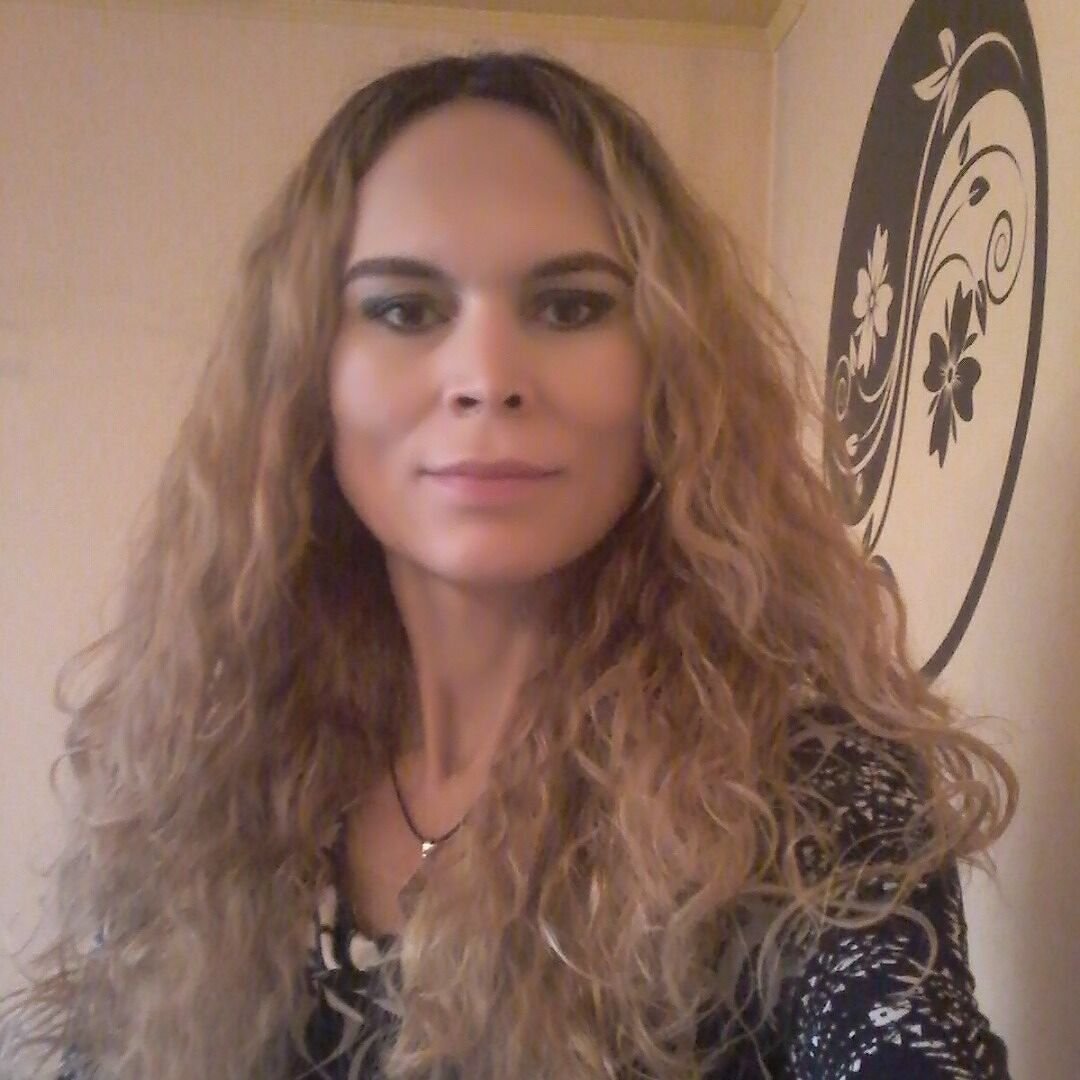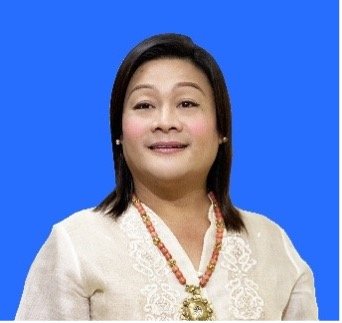Editorial Board
Editor-in-Chief

Rujonel F. Cariaga
Researcher
department of education
is an award-winning educator and international researcher. His main research interests ranged from educational management to artificial intelligence a...
Read more
Editors

Marwane EL Halaissi
Professor
university cadi ayyad
is an internationally acclaimed researcher in economics and management. He holds a PhD in Economics and devotes his time in various organizations in F...
Read more

Amalia Călinescu
Professor
University of Bucharest
is a multitalented international researcher and academic. She holds multiple PhDs and one of those is English Translation. She writes English fiction...
Read more

Craig N. Refugio
Professor VI
Negros Oriental State University
is the director for international linkages in NORSU system, traveling across the globe to present in international conferences. He holds a PhD in Rese...
Read more

Eugene F. Calingacion
Resource
Jones Farrar, an IB World School
is an internationally acclaimed educator, having been conferred many awards in the United States for his contribution to education. He holds doctorate...
Read more

Jovenil R. Bacatan
Faculty Member
um peñaplata college
is a faculty member and research adviser at UM Peñaplata College, holding a Master’s Degree in Education Management. He was also awarded a Doctor of E...
Read more
Sunil Raj Y
Assistant Professor
St. Xavier's College (Autonomous)
Advisory Committee

Said Nadeem
Assistant Professor
mugla sitki kocman university
is a multitalented international researcher and educator. He holds a PhD in Chemistry, a Masters in Information System, and is the brain behind the gr...
Read more
Associate Editors

Gerwine J. Medio
Director
cebu technological university main campus

Redjie D. Arcadio
Campus Director
cebu technological university pinamungajan campus

Carlou G. Bernaldez
Associate Professor V
Negros Oriental State University

Jeffry M. Saro
Research Coordinator
San Vicente National High School
Technical Editors

Ramelito C. Almendras
Instructor
cebu technological university pinamungajan campus
Country Coordinators

Marwane EL Halaissi
Professor
university cadi ayyad
is an internationally acclaimed researcher in economics and management. He holds a PhD in Economics and devotes his time in various organizations in F...
Read more
Subject Specialists

Orville J. Evardo Jr.
Innovation Section Head
ateneo de davao university
Scientific Committee Member

Robin Parojenog
Research Coordinator
DepEd Bohol











